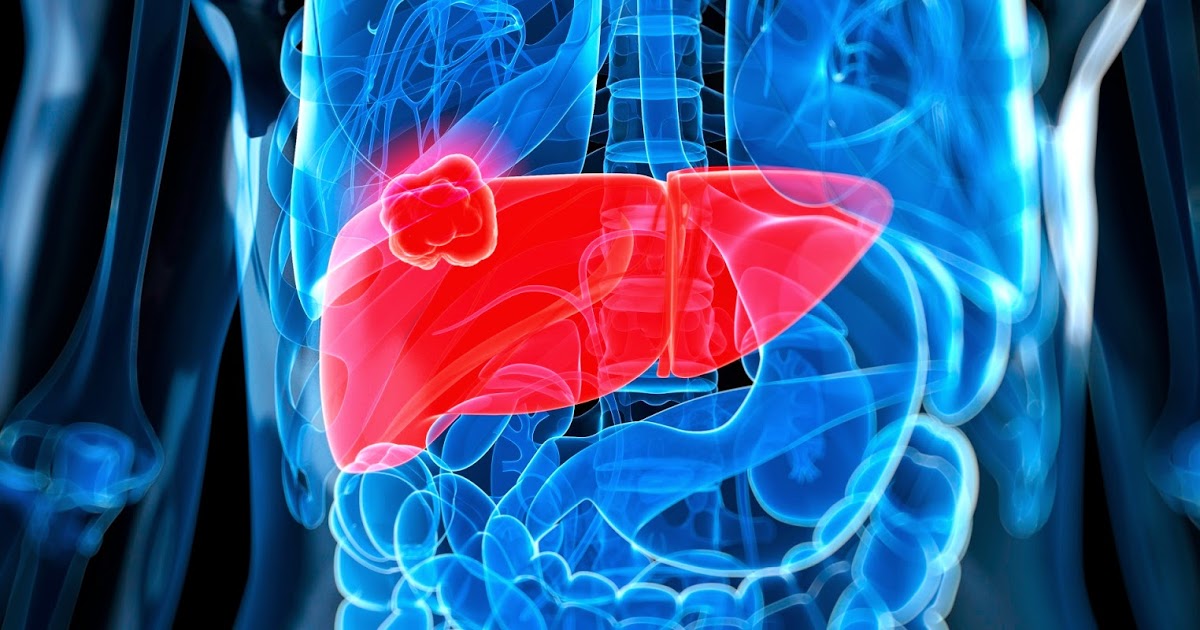Important Information To Know About Liver Cancer
The liver plays an important role in the body because all blood in the system passes through it. While acting as a filter for blood, it has several functions, including eliminating toxins and converting nutrients into useful forms. When cancer cells are in the blood, the liver is an easy target for infestation. As a result, many individuals acquire liver cancer metastatically after it spreads from other areas, although it can also originate in the liver itself.
Symptoms

Symptoms of liver cancer are similar to other medical conditions and other forms of cancer as well, so it is important to see a doctor for a proper diagnosis. Often in the early stages of liver cancer, symptoms are not present, but later they will often include abdominal pain, bloating, a lump in the abdomen around the liver, a full feeling like after consuming a large meal (but without consuming a large meal), weight loss, fatigue, weakness, nausea and vomiting, jaundice, light-colored feces, dark urine, and fever. These symptoms can lead to serious conditions, and early diagnosis of liver cancer is critical for treatment and survival.
Cancer Stages

The staging of liver cancer is based on how much the disease has spread both within the liver as well as if it has invaded other parts of the patient's body. Liver cancer has the potential of spreading to the individual's lungs, bones, and lymph nodes. If liver cancer does happen to spread to any of these parts, and a new tumor affects another area of the body, it does not take on a new name (e.g. liver cancer that has spread to the lungs is not called lung cancer) and it is not referred to as two separate types of cancer, because the abnormal cells are the same cancerous ones found in the liver. Instead, it is called metastatic liver cancer and treated in a similar way, though often with more aggressive approaches.
